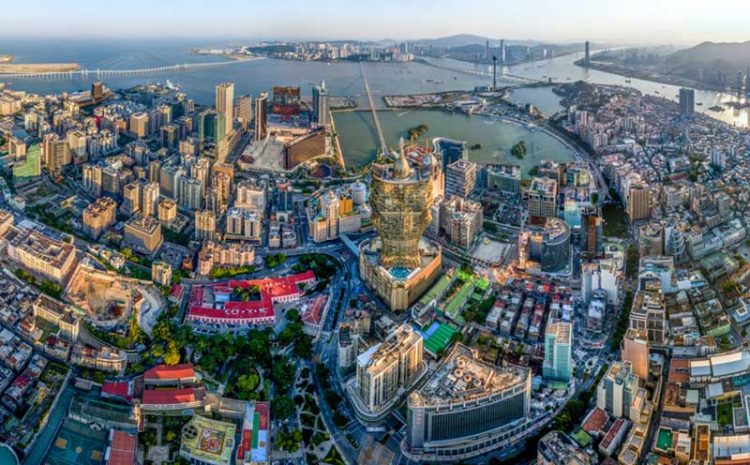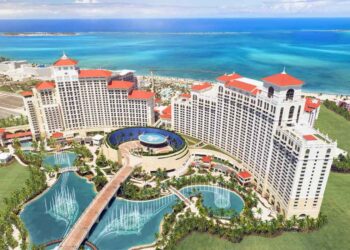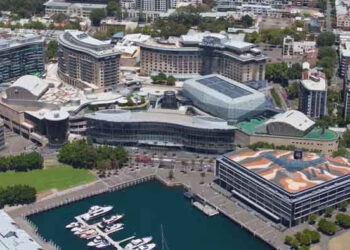Investment bank JP Morgan has described a reported agreement by bidding parties to invest a combined MOP$100 billion (US$12.5 billion) into Macau over the 10 years of the new Macau concession period as “very reasonable”.
TDM Portuguese Radio reported over the weekend that the bidders had reached an agreement with the government that would see market share leaders Sands China and Galaxy Entertainment Group invest around MOP$20 billion (US$2.5 billion) each, should they win a new concession, and the remaining four concessionaires MOP$15 billion (US$1.9 billion) each. The report did not specifically state whether GMM S.A. – the one bidder not to currently hold a concession – had also agreed to the same capital commitment.
In a Monday note, JP Morgan analyst DS Kim described reports of this latest development as “probably better than what the market feared” and as “incrementally positive … supporting our view that the license renewal process will be smooth with no big negative surprises.”
Kim observed that “US$12.5 billion is only about a third of ~US$35 billion that the six operators have invested in the past 10 years.
“Granted, this is not an apples-to-apples comparison as there will no longer be any ‘mega casino’ projects. But construction costs have gone up considerably over the past decade and even a renovation project (e.g. Londoner renovation by Sands) now costs US$1.4 billion of hard capex.
“The average US$2 billion commitment per operator basically indicates one big renovation/redevelopment project plus some flagship events/shows over the next 10 years, in our view, which is something that operators would do even if there’s no mandatory investment requirement.”
According to Kim, the US$12.5 billion combined commitment would also cover OPEX (operating expense) elements of non-gaming projects and events, such as staff costs and IP rights.
As such, “Annual investment of US$1.25 billion for the industry doesn’t appear onerous at all, if we consider maintenance CAPEX alone was about US$700 million to US$800 million pre-COVID.
“US$1.25 billion also translates into only 5% of projected 2024 revenues (essentially mass + non-gaming), or ~13% of industry EBITDA.
“In short, this level of investments should be gladly accepted by six incumbents, in our view. The question, however, remains for Genting, which does not have any assets in Macau. This means it’ll have to acquire existing assets and commit to additional CAPEX if it receives the concession.
“We continue to expect all six incumbents to have their licenses renewed, while the only feasible scenario for Genting would be via equity investments or via a joint venture structure.”






























